Top 5 medical office software programs
Doctors, and the medical offices that support them, have been under tremendous pressure in the past couple of years. In addition to handling higher patient volumes, they have to deal with billing, legal compliance, and scheduling, which are more complicated than ever. On top of all that, they still need to provide excellent patient care.
Medical practice managers and office support staff need all the help they can get. Fortunately, technology can help minimize the amount of time spent on repetitive, tedious tasks like record upkeep and other duties.
There’s no replacement for a well-qualified and compassionate doctor, but for everything else involved in running a successful practice, medical office software can streamline workflows and ease the burden on employees. Thanks to advancements in cloud-based computing, a number of tools help with patient intake, chart management, appointment scheduling, billing, and telehealth visits — all while maintaining HIPAA compliance.
Best medical office software programs
How do you choose the best medical office software? Here are some of the best tools on the market and what they offer.
1. Luma Health
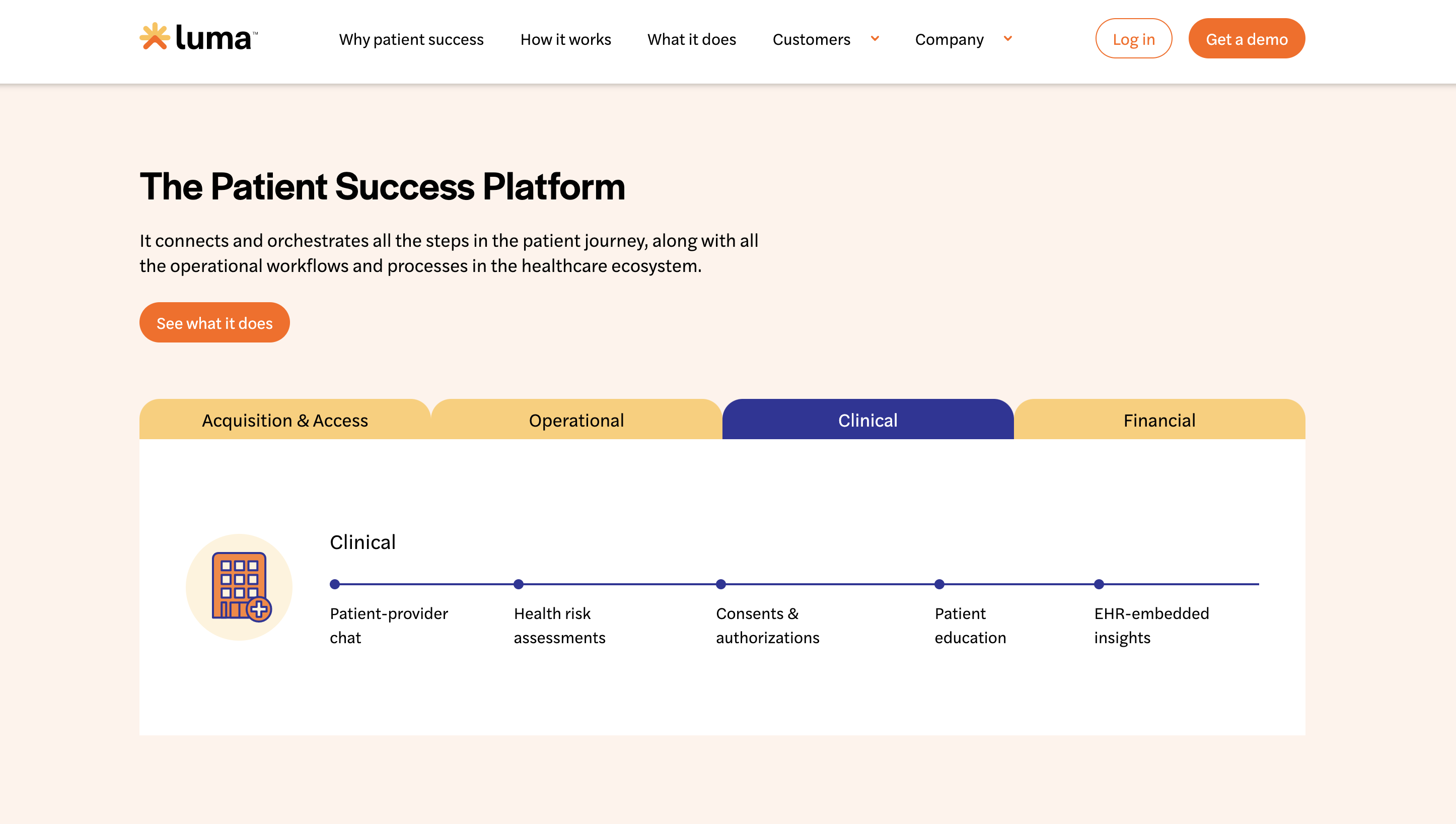
Luma Health is designed for high-quality patient engagement. The platform streamlines the patient intake process for busy office managers but really shines in its benefits for patients.
Thanks to HIPAA-friendly texting capabilities, patients can easily ask questions about their care or their next appointment. After every exam, doctors can easily send instructions about how to take medication, how to continue care at home, or what to look out for between visits.
Luma Health can even send comprehensive educational material to patients automatically. For office staff and patients alike, one of the biggest conveniences is that patients can easily schedule appointments online — no phone calls required.
2. DrChrono
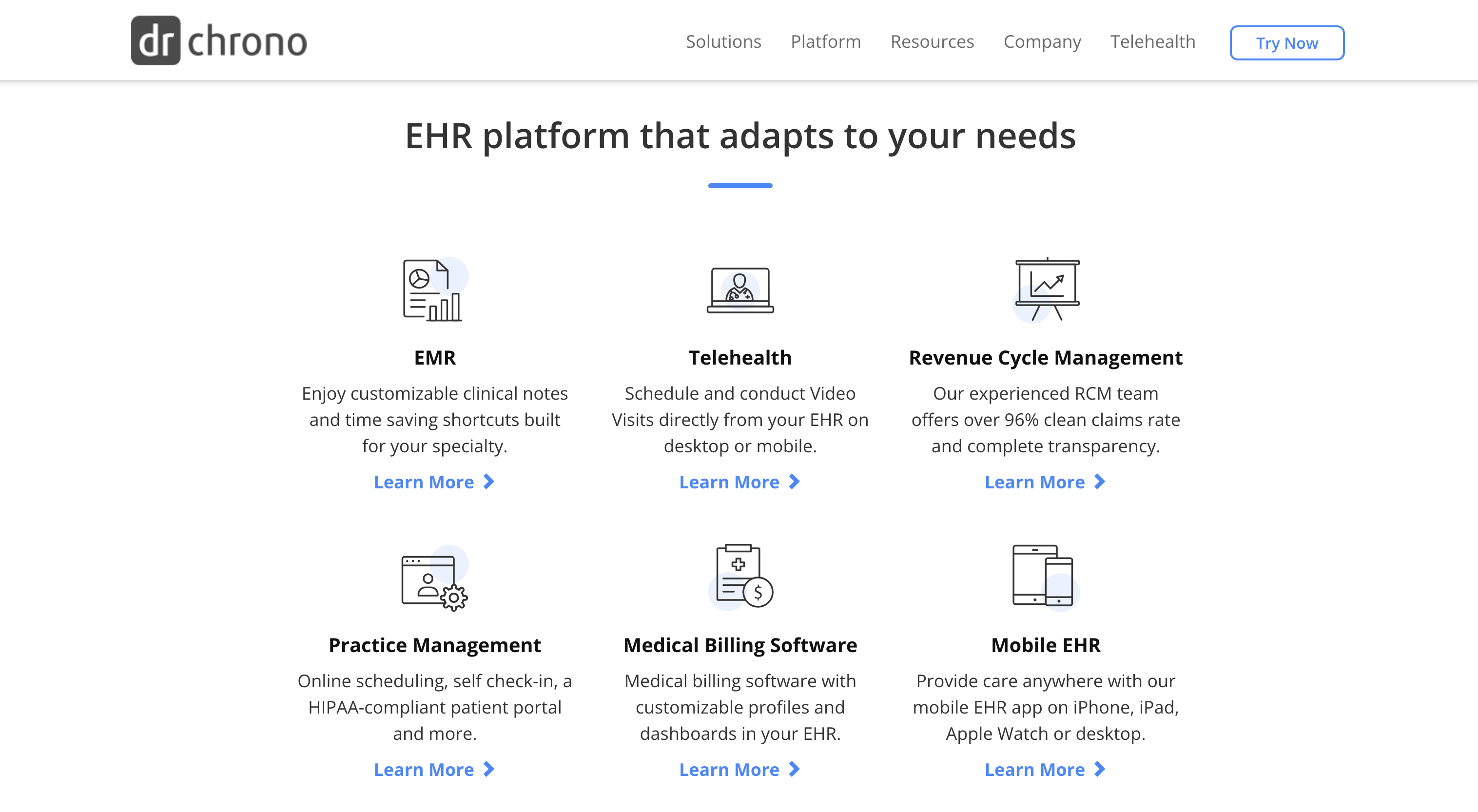
Experienced doctors know there is no one-size-fits-all approach that works for every patient. And the DrChrono creators know there isn’t a one-size-fits-all medical office software solution, either. That’s why they made their platform completely customizable to fit every user’s needs.
One of its most innovative offerings is its ability to accommodate each practice’s key goals. For offices trying to improve efficiency, the platform can help automate time-consuming work, such as scheduling, data entry, record updates, and appointment reminders. Over time, it can create robust workflows that eliminate nonessential or redundant tasks.
For practices focused on improving patient care, DrChrono can streamline intake, appointment check-ins, and reminders. Patients even have the option to message staff ahead of procedures with follow-up questions — something that can go a long way in alleviating anxiety. DrChrono helps medical practices improve efficiency in every area of their business, from patient management to billing to communication.
3. Jotform
Jotform is a robust online form builder, boasting 15 years in the industry and a library of more than 10,000 pre-made form templates. Jotform offers HIPAA-friendly forms specifically crafted to match the capabilities of medical office software and help healthcare practices streamline their operations.
For doctors who are pivoting to telehealth practices, Jotform’s telehealth toolkit leverages forms for patient intake, appointment scheduling, billing, and invoicing using conditional logic. With the Jotform Health app, both doctors and patients can also access and update information conveniently from their phones.
4. Epic
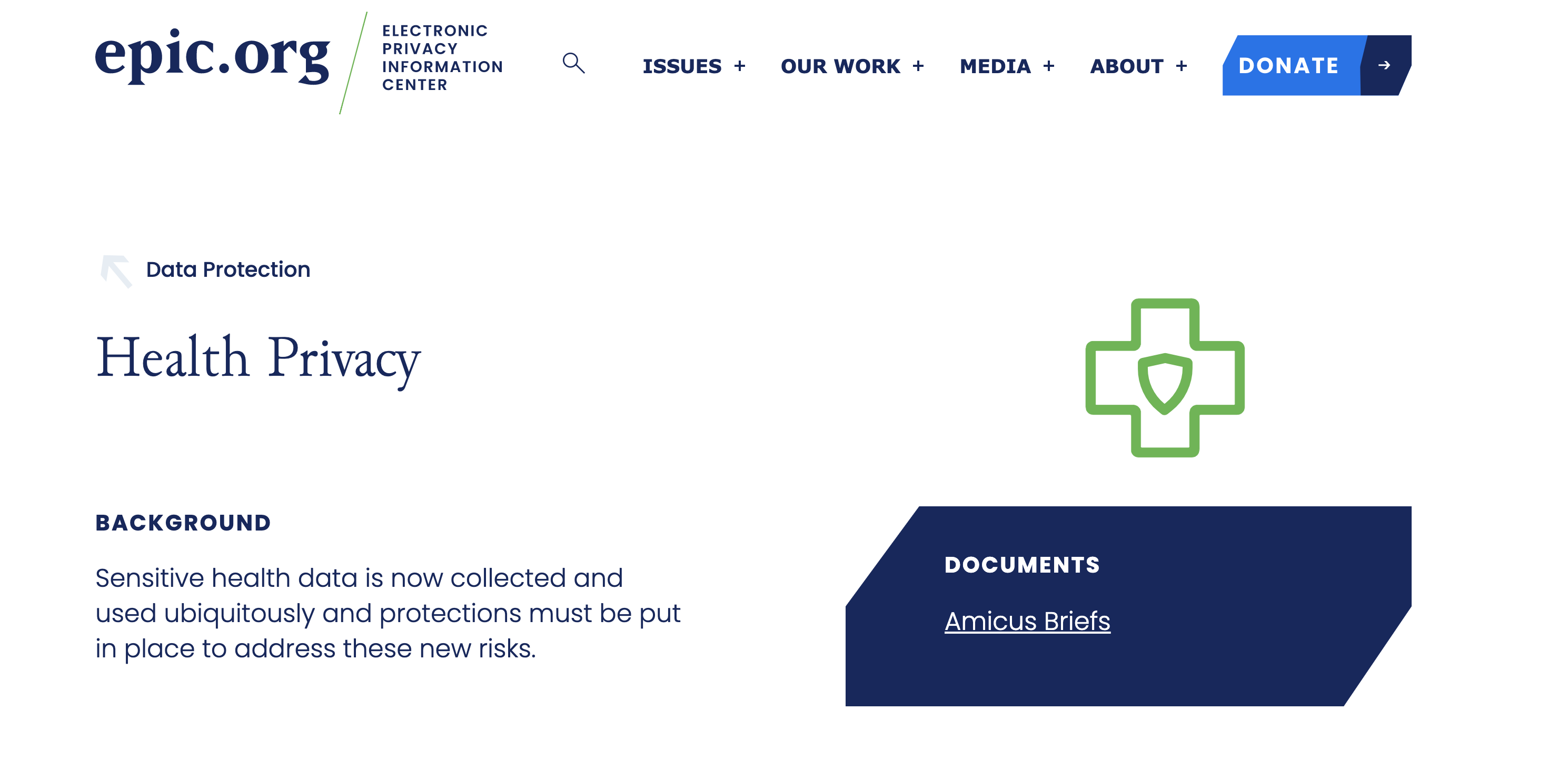
Epic’s goal is to make information as accessible as possible for both patients and medical office staff alike. With information stored in the cloud, patients can view their test results, medication history, detailed care instructions, visit history, and upcoming appointments, all in one convenient dashboard.
Doctors and healthcare staff can pull up patient information on any device, making it easy to gain deep insights into their health history and collaborate to find solutions. Built-in analytics track health history and can spot potential issues, alerting staff about the actions they can take before there’s an emergency.
The platform’s ability to import and integrate chart information from previous doctors is also intuitive. Designed as an end-to-end solution for practices, Epic can manage paperless billing and automate statement consolidation, repetitive workflows, and even medical coding.
5. Kareo
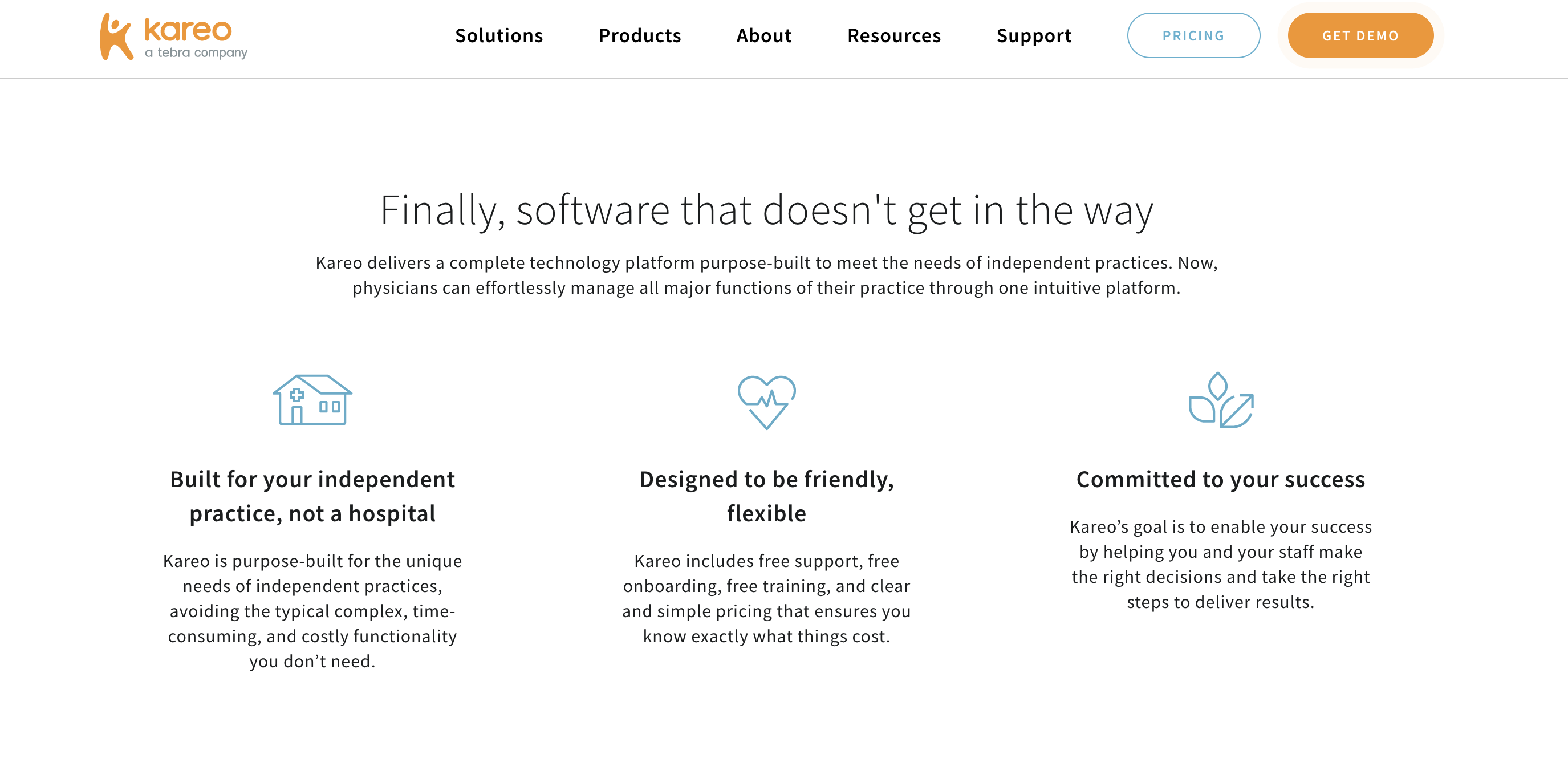
Kareo is an ideal medical office software for small, independent practices, offering the bare essentials in tools for healthcare automation and streamlining workflows. Kareo offers a number of service plan options so users can scale services up or down according to their needs. The platform’s capabilities include billing automation, appointment reminders, online scheduling, and patient self-pay options for out-of-pocket payments.
Kareo even offers outside billing support that helps with collecting payments from both insurance agencies and patients. Doctors can also use it to conduct HIPAA-friendly telehealth appointments.
Even as the healthcare industry faces greater challenges, patient care is still the top priority. The right medical office software can streamline healthcare management for both medical support staff and patients alike, providing more convenient access to care information, billing, and scheduling.







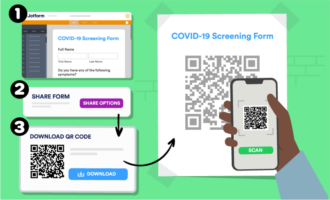


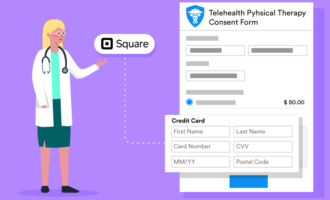



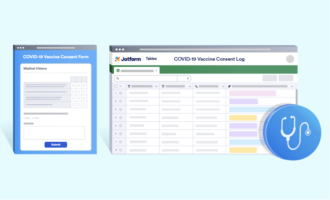











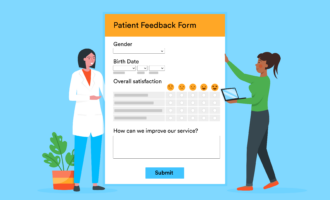

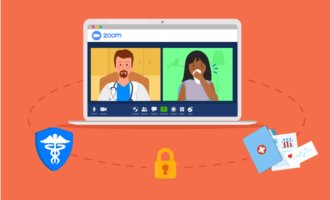








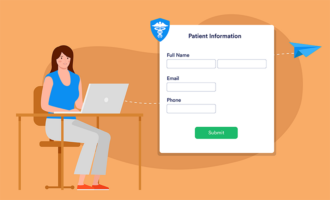


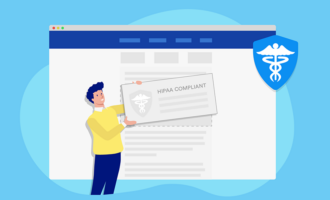



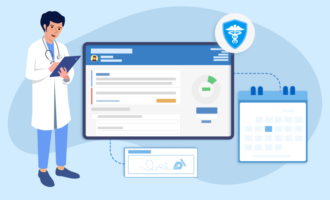








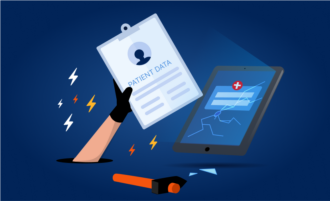



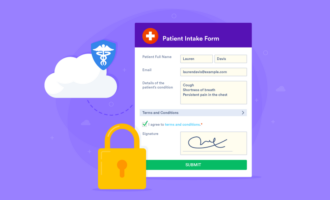







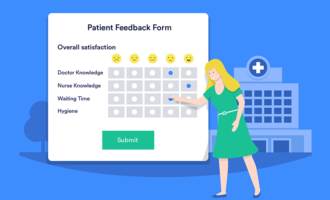


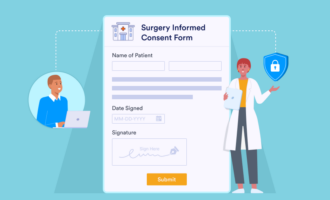






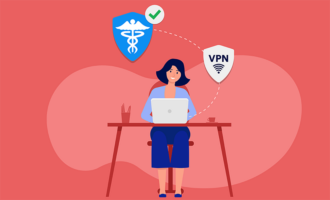










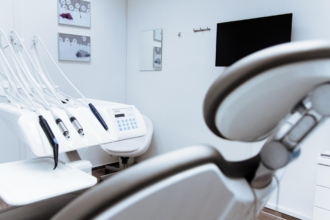





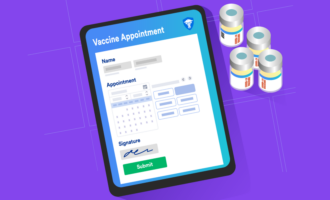






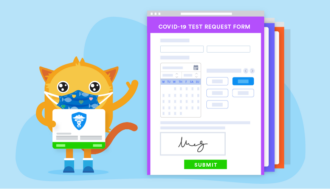



Send Comment: